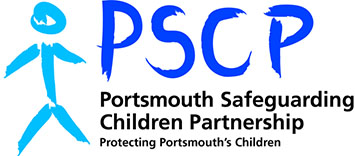Self-harm
Self-harm can be really hard to understand but it is a lot more common than some people think. Between 1 in 12 and 1 in 15 people self-harm. Self-harming is when a young person chooses to inflict pain on themselves in some way.
If a young person is self-harming, they may be:
- cutting or burning themselves
- biting their nails excessively
- developing an eating disorder
- taking an overdose of tablets
- taking drugs or excessive amounts of alcohol
It is usually a sign that something is wrong.
They may self-harm for many reasons, including if they are:
- feeling anxious, depressed or stressed
- if they are being bullied
- feeling that they do not have a support network or way to deal with their problems
The issues then ‘build up’ to the point where the young person feels like they are going to explode. Young people who self-harm often talk about the ‘release’ that they feel after they have self-harmed, as they use it as a mechanism to cope with their problems. Self-harming is dangerous. It is a sign that a young person has an underlying problem, but if it gets out of hand they could risk killing themselves, maybe accidentally. Getting help to deal with some of these underlying issues is often key to overcoming or managing self-harm.
Where to get help
If you are worried about your or a friend’s child self-harming it’s helpful to talk about it with someone you trust. Go to our what to do if you are worried about a child page to find out more.
The Young Minds website has helpful information for more understanding about self-harm.
The National self-harm network has some very helpful leaflets you can download for free, such as:
- What is self-harm?
- Advice for friends, family and carers
- Advice for young people
- Basic first aid
- Distraction lists
To help parents the Virtual College has launched a free online course that provides information on how to sensitively talk to your children about self-harm and tactics for increasing mental resilience. Start your course by simply clicking on this link.
For children up to the age of 18 contact Portsmouth Child and Adolescent Mental Health Services (CAMHS) on 02392 684700 and ask to speak to duty clinician for advice or visit the Solent CAMHS website.
